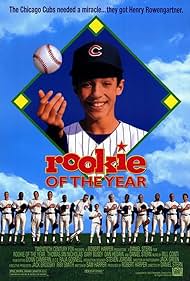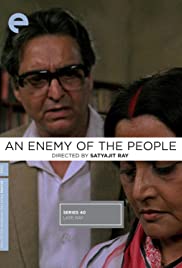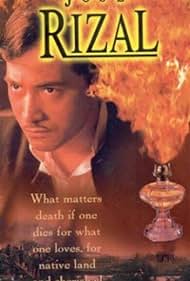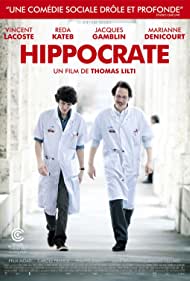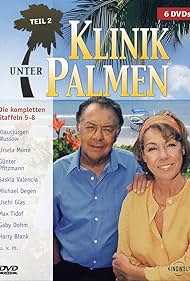Abraham's Valley Soundtrack (1993)

Buy on Amazon Play and download Soundtracks
El valle de Abraham
La valle del peccato
Vale Abraão
Val Abraham
Val Abraham
Am Ufer des Flusses
Synopsis
In the Douro Valley, Emma lives with her father and is brought up in an atmosphere of great poetic sensitivity. She becomes a beautiful and sensual woman with an irresistible taste for romantic fictions, who never manages to find complete satisfaction with men, from the moment she marries a doctor she has never loved.
Following an intense social life, Emma will become involved with three men always in a constant search for passion, luxury, and challenges. Despite these three successive loves, their lovers cannot sustain a growing sense of disillusionment that leads her to define herself as nothing more than "a swinging state of soul."
Emma's beauty and provocative spirit will earn her the epithet of "Bovarinha", a modern Portuguese version of Flaubert's "Bovary". Finally, disillusioned and frustrated, Emma drowns in the Douro on a sunny day, after having dressed up as if she were going to a ball, without ever realizing whether it was an accident or suicide.
"Abraham's Valley" is an adaptation to the cinema of the homonym work by writer Agustina Bessa-Luís, a literary exercise inspired by Flaubert's "Madame Bovary", which Manoel de Oliveira transforms into a beautiful and portentous film. Once again involved with Agustina's literary universe and, once more, building a story of frustrated love, a dominant theme in all her work, Oliveira signs a work of dazzling plastic beauty, of an amazing poetic sensibility and, at the same time, of a subtle and acid irony, narrating in an absolutely irresistible way the love story of a beautiful woman, victim of her incongruous desires and passions.
Download and play the Soundtrack list
| Play | Title | Artist |
|---|---|---|
|
Abraham's Valley
|
||
|
Clair de Lune (Mondschein)
|
||
|
Clair de Lune
|
||
|
Clair de Lune (Mondnacht)
|
||
|
Clair de Lune (Fantaisie-impromputu)
|
||
|
Tenderly
|
||
|
Après un rêve
|
Claude Debussy:
Performer
|
|

